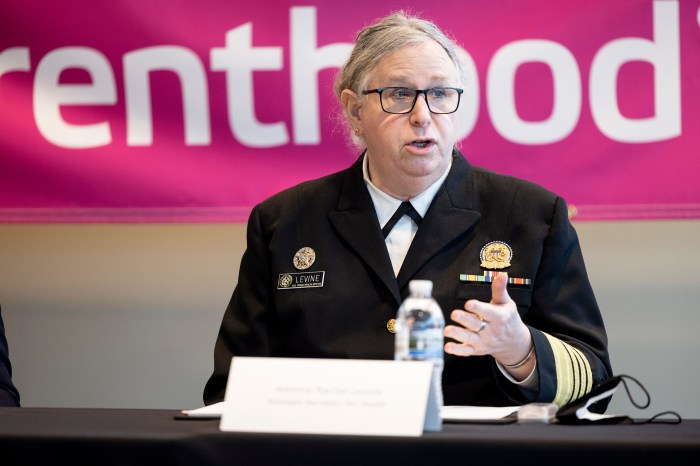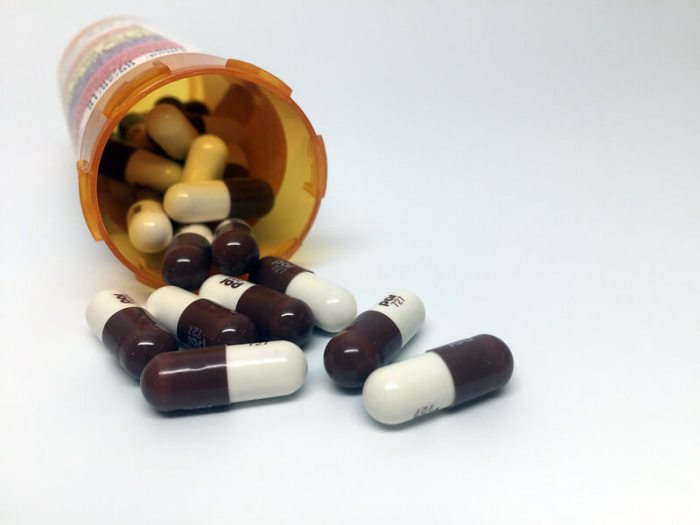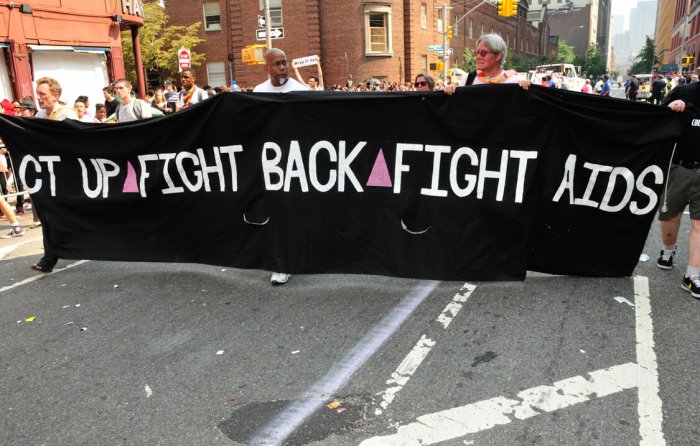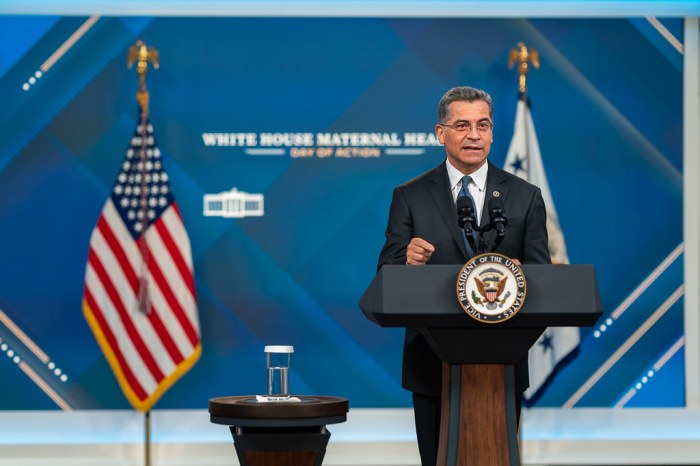BY DUNCAN OSBORNE | After meeting with senior city health department officials, gay and AIDS groups are saying that the agency appears to be open to regulating sex clubs and bathhouses and has not decided to shut those businesses down.
“They were saying that they were entertaining everything, that they were looking for a direction,” said Terry Evans, public health outreach coordinator at the Positive Health Project, an AIDS group. “They were very open to our suggestions and to having additional meetings.”
Evans and representatives from five AIDS, gay, and research organizations met for nearly two hours with health department officials, including Dr. Isaac B. Weisfuse, deputy commissioner for disease control, and Dr. Thomas Farley, a special advisor to Dr. Thomas R. Frieden, the city's health commissioner, on February 12.
A number of groups, some sex club operators, and the health department have been meeting to discuss the city's policy towards these businesses for at least 18 months, with the groups seeking some form of legal regulation.
In a November 2007 memo, Farley presented four options for dealing with such businesses – ranging from continued inspections and enforcement of a 1985 state health code that bans oral, anal, and vaginal sex in businesses, even with a condom; to aggressively moving against these places; to closing them all; and to regulating them by changing the state code and allowing them to operate “under strict safe-sex rules” and other requirements.
At a January 11 meeting of community groups, health department staff and sex club operators, a senior health department staffer said the agency had already decided to close all city sex clubs and bathhouses.
“They wanted to address the misperception that they in any way want to embrace a policy of prohibition and enforcement,” said Dr. Barbara E. Warren, director for organizational development, planning and research at the Lesbian, Gay, Bisexual and Transgender Community Center. “That appears to be off the table… What they said was that was never their policy.”
Warren attended the February 12 meeting and was also at the January 11 meeting. The health department press office declined to comment on the February 12 meeting.
At least four cities – San Francisco, Denver, Los Angeles and Cleveland – have implemented some type of regulation governing bathhouses or sex clubs. Attendees at the February 12 meeting said health department staff wanted data on those regulatory schemes.
“They asked for a lot of information,” said Sean R. Cahill, managing director of public policy, research, and community health at the Gay Men's Health Crisis (GMHC). “They had a lot of questions about what specifically LA, San Francisco and Denver are doing… They wanted to see data that that's effective.”
The community groups have committed to supplying that data to the health department.
“They are looking for effectiveness,” Evans said. “We told them that the information we have is somewhat anecdotal… They are looking for successful outcomes.”
While the health department and the groups have not scheduled a second meeting, attendees said they sensed the department was open to considering a range of options.
Dr. M. Monica Sweeney, assistant commissioner for the Bureau of HIV/AIDS Prevention and Control, was at the February 12 meeting and will participate in a February 21 event titled Staph, Bath and Beyond: A Community Forum on Bathhouses, MRSA and the Future of HIV Prevention for Gay Men in New York City, to be held at the LGBT Community Center.


































